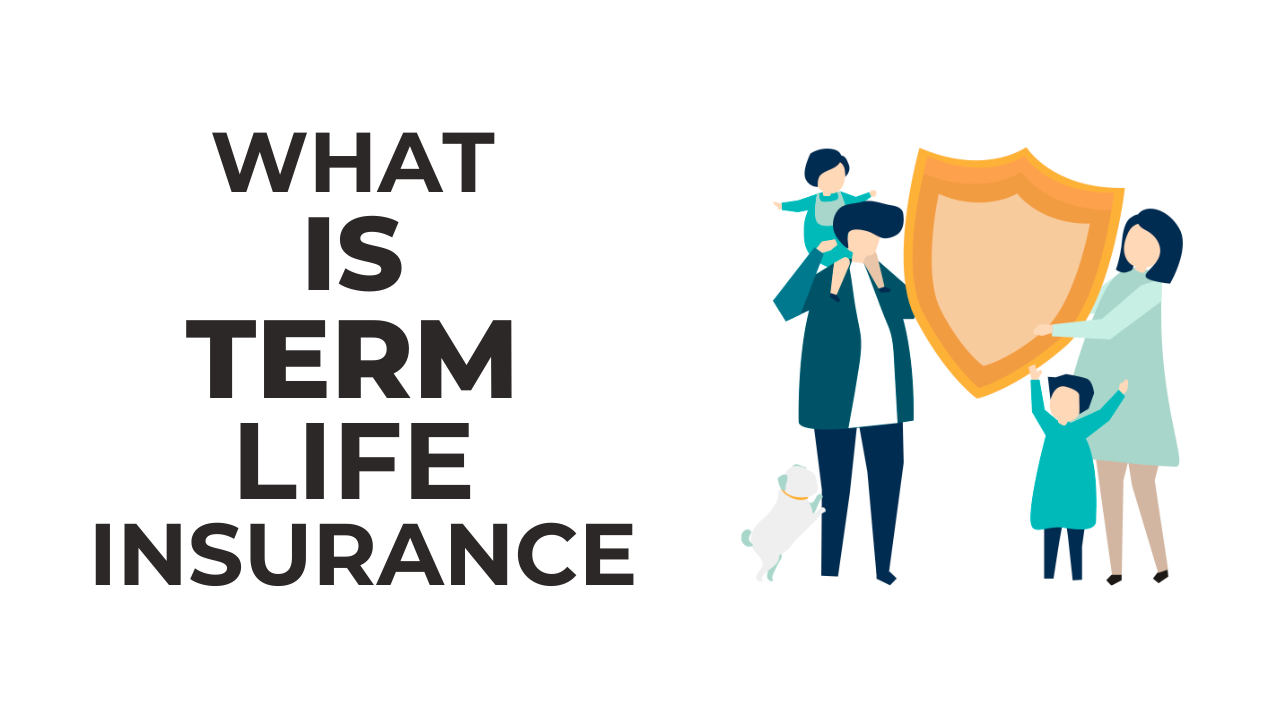Term life insurance is a simple financial safety net. It gives a lump sum payment to your loved ones if you pass away during a particular time. Think of it as a short cash cushion. Unlike other insurance types, term life doesn’t build cash value. It’s purely defense.
For instance, a young family might opt for a 20-year term insurance to cover house and child-rearing costs. If the unexpected happens, the refund can help replace lost income and keep their family’s lifestyle.
Term life insurance is a popular choice for many reasons. It’s simple, cheap, and gives significant security. A recent study found that 70% of customers view cost as a main factor when picking life insurance. Term life shines here. It’s designed to specific needs, so you pay for the services you need without useless extras. For example, a healthy 30-year-old can secure a sizable insurance for as little as a cup of coffee a day.
How Term Life Insurance Works

Term life insurance is meant to protect your loved ones for a set time. This could be anywhere from 10 to 30 years, based on your wants. It’s like getting a safety net. You pay a price for peace of mind knowing your family is covered during a key life stage. For example, a young couple with a mortgage might choose a 25-year term to match their loan. Once the term ends, you can extend, switch to permanent coverage, or simply let it go.
Think of term life insurance like a gym membership: you pay a monthly fee (premium) for peace of mind. The difference? Instead of building strength, you’re building cash security for your loved ones. Premiums for term life are usually cheaper than other types of life insurance. The amount you pay relies on things like your age, health, and the policy’s length. It’s like getting a specific amount of insurance for a set time.
One of the biggest perks of term life insurance is the tax-free death payment. This means if you pass away during the insurance term, the money paid to your beneficiaries is completely yours to keep. There’s no Uncle Sam taking a cut. It’s a big advantage. For instance, a $500,000 term life insurance will give the full $500,000 to your loved ones, without any tax savings. That’s a huge release during a tough time.
Key Features and Benefits

Term life insurance offers a sure death payment. This means no matter what happens, your recipients will receive the promised amount if you pass away during the insurance term. It’s like a cash promise you make to your loved ones. There’s no doubt about the payment. For example, if you have a $300,000 term life insurance, your family is sure to receive that exact amount, regardless of market conditions or other factors.
Term life insurance is all about security, plain and simple. Unlike fixed life insurance, it doesn’t build cash value. You pay a fee for a set term, and if you pass away during that time, your heirs get the death benefit. It’s like getting a strong safety net for a particular time. No extras, just peace of mind for your family.
The cost of your term life insurance relies on a few key factors: your age, health, and life span. It’s like getting car insurance – younger, healthy drivers pay less. Insurance companies assess your risk based on these factors. So, while a 25-year-old non-smoker might get a great rate, a 55-year-old with health problems could pay more. But don’t worry, there are choices for everyone.
Flexibility is a key benefit of term life insurance. When your coverage nears its end, you have choices. You can renew the insurance for another term, but keep in mind the price will likely increase as you’re older. Or, you can change your term insurance to a lifetime one. This means you’ll have lifelong care, but you’ll pay more. It’s like moving from a temporary safety net to a permanent one. Weigh your choices based on your changing wants and funds.
Cost Comparison

Term life insurance is usually more cheap than other types of life insurance because it’s focused solely on giving coverage for a specific period. It’s like getting car insurance for a certain number of years. Since it doesn’t build cash value like fixed life insurance, you’re not paying for extra benefits you might not need. This keeps costs down, making it a great choice for people on a budget who want to protect their loved ones.
Conclusion
Term life insurance packs a strong punch. It offers cheap, clean safety for a set time. Imagine a cash safety net for your loved ones if the unexpected happens. You get a big covering amount for a relatively low fee. Plus, the death benefit is tax-free, giving a large sum to your family. While it doesn’t build cash value, it’s great for protecting against life’s risks.
Everyone’s situation is different. A young parent might need coverage for the next 20 years, while an empty nester might have different objectives. Term life insurance is a flexible tool to fit your wants. It’s like getting a specific amount of insurance for a set time. Don’t leave your loved ones vulnerable. Explore your choices and find the term life coverage that’s right for you. Your future self will thank you.
FAQ
1. What is covered under term life insurance?
Term life insurance typically covers death due to any cause, except for specific exclusions mentioned in the policy.
2. Is there a maturity benefit in term life insurance?
No, there is generally no maturity benefit in a standard term life insurance policy. However, some insurers offer return of premium options, where a portion or all of the premiums paid are returned if the insured survives the policy term.
3. Can I add riders to my term life insurance policy?
Yes, many insurers offer optional riders to enhance your coverage, such as critical illness cover, accidental death and disability benefit, and more.
4. How do I choose the right term life insurance policy?
Consider factors like your age, family dependents, financial obligations, and budget when selecting a term life insurance policy.


